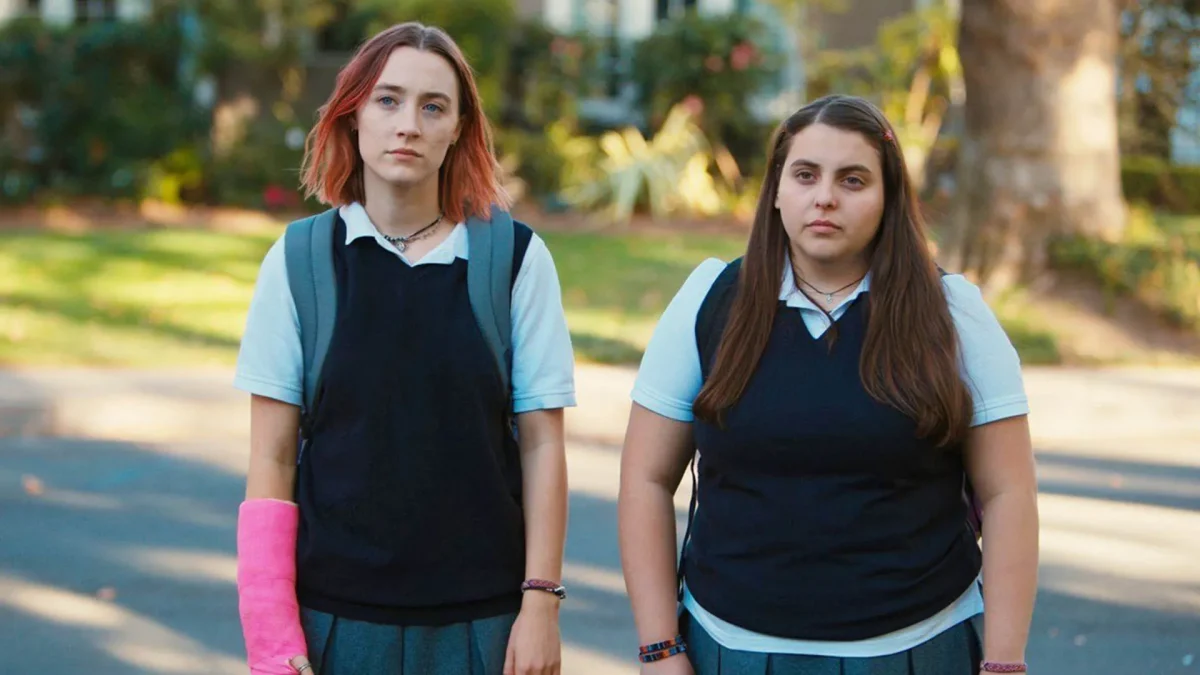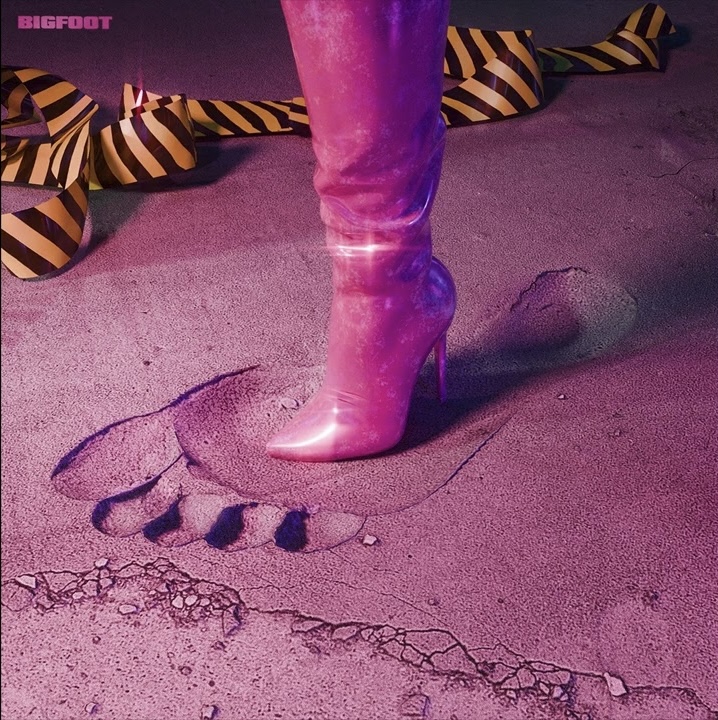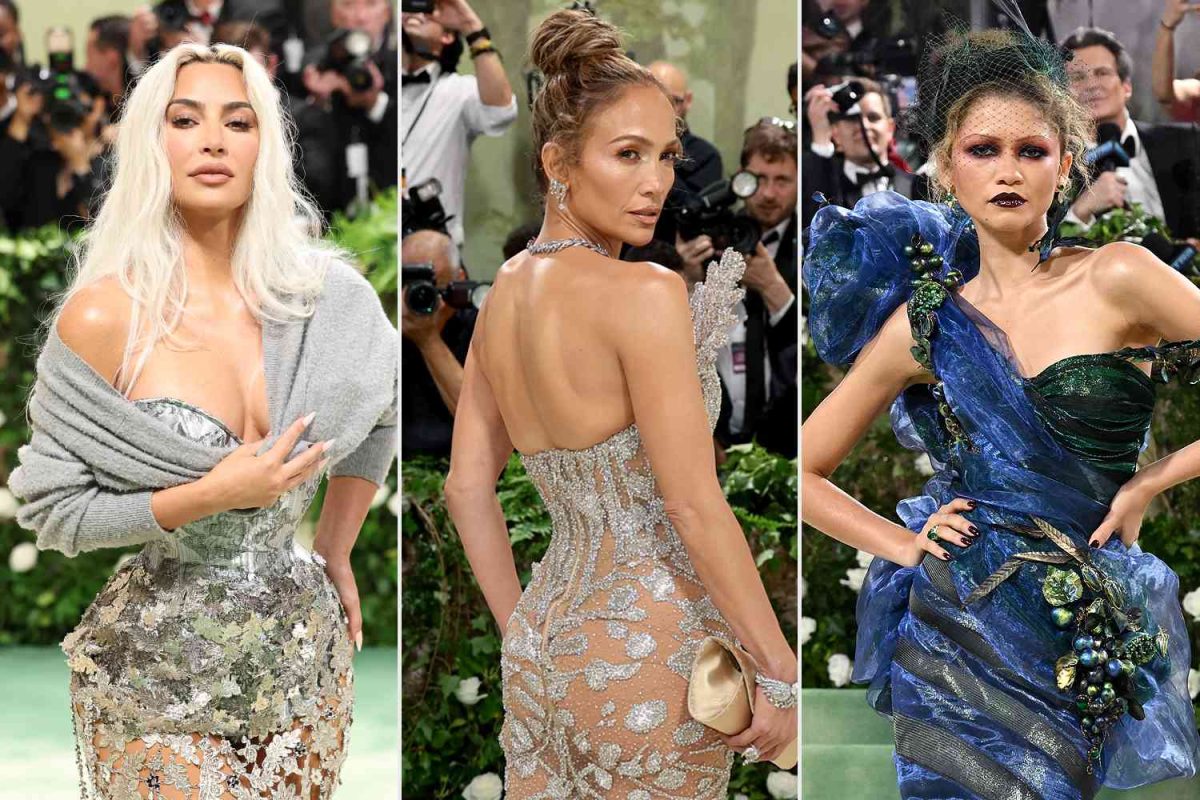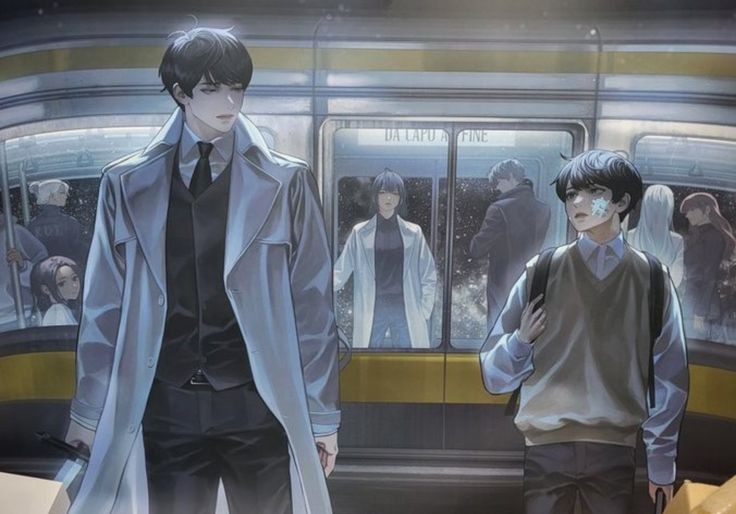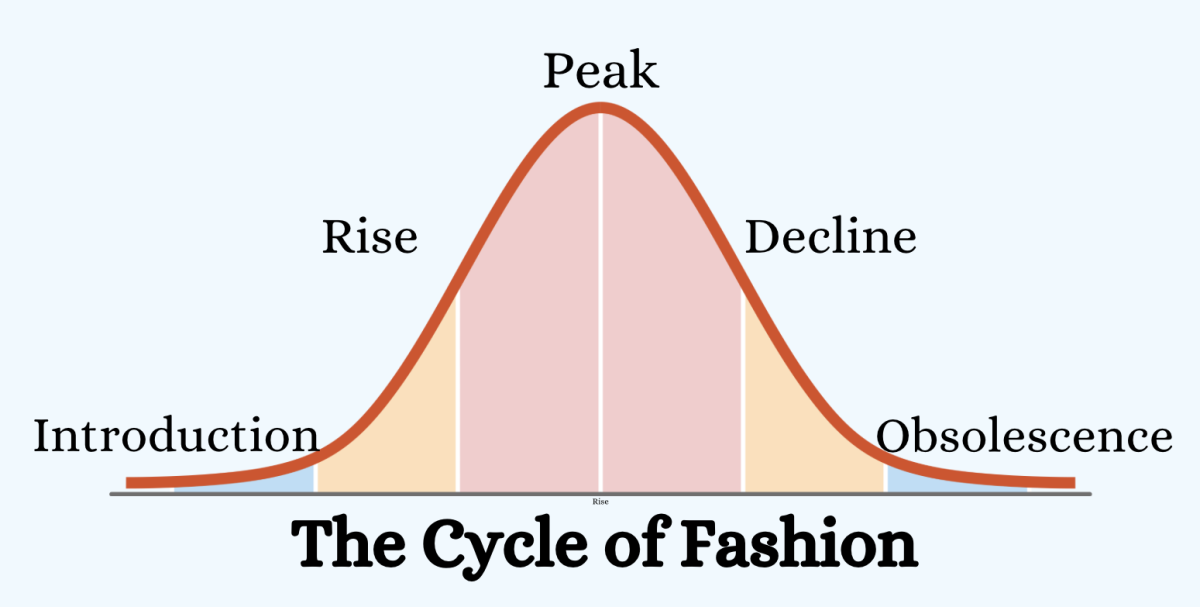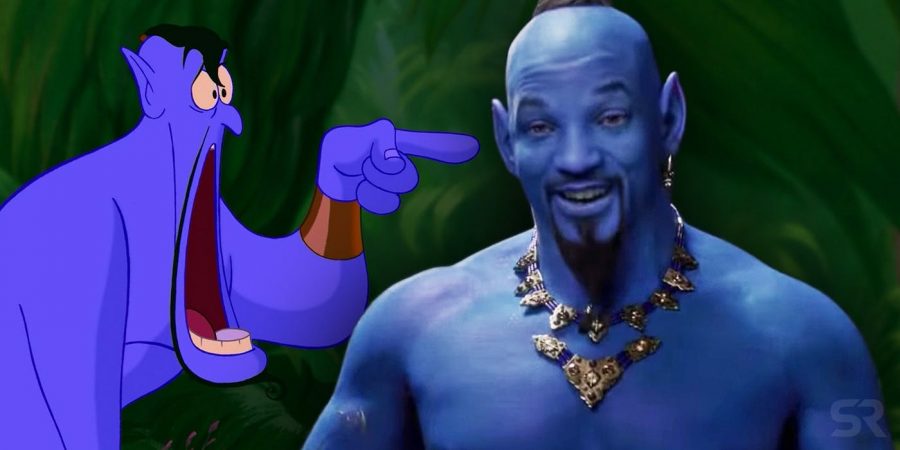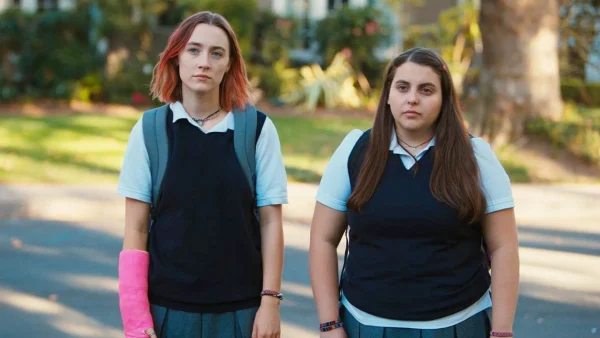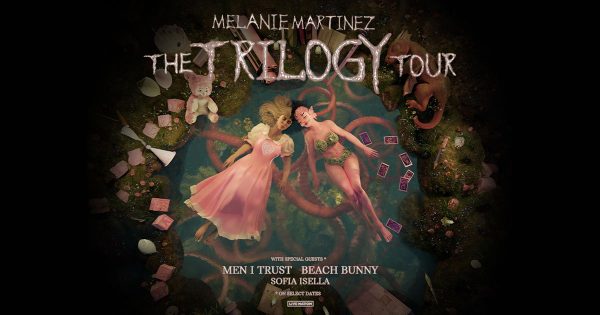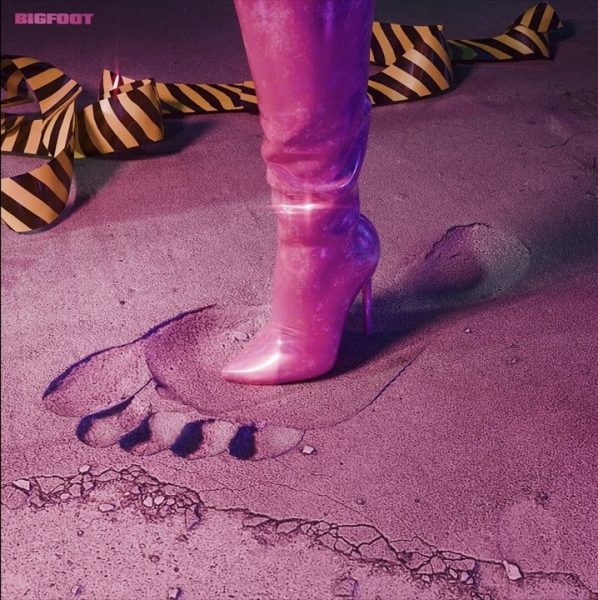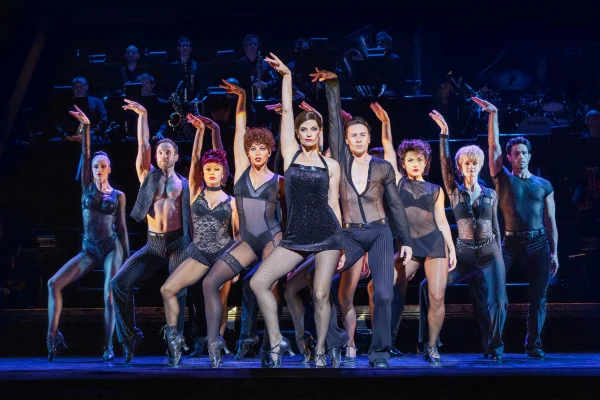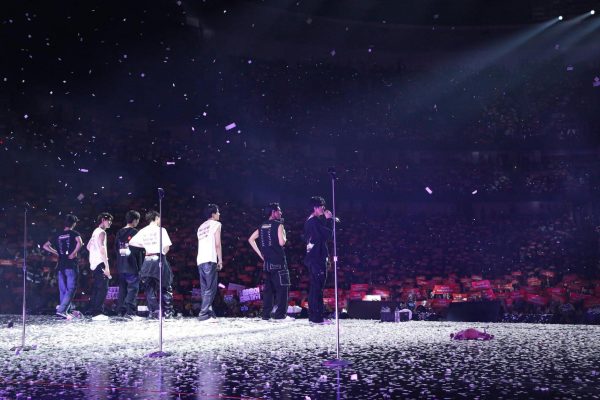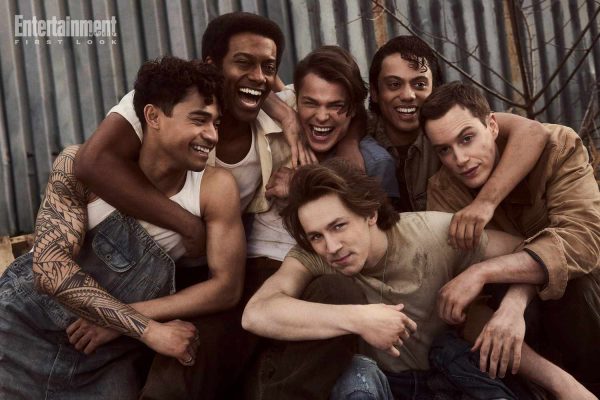Destined to Fail
Will Smith as Genie in the upcoming Aladdin live-adaptation has caused many to criticize the film before it has even been released.
April 2, 2019
From Tim Burton’s Dumbo to Will Smith’s Genie, remakes of past movies, live adaptations of animated originals, and sequels to age old classics have come to dominate to the box office. While these films are largely designed to appeal to the nostalgia of their audience, they have instead been met with criticism and scrutiny–often before they have even been released. Does the skepticism surrounding these movies make them doomed to fail before they are given a chance to exceed–or fail to meet–expectations?
Taylor Tran (11) seems to think so. “Although I love the idea of live adaptations and remakes, if they aren’t done correctly, then they shouldn’t be done at all,” Taylor argues. Other movie goers appear to agree with this mentality, and while most are willing to wait until they watch the film to give their opinions, some online users base their criticism off of released stills or clips of the trailer.
Disney’s upcoming live adaptation of Aladdin, for example, features stunning scenes of the iconic Arabic kingdom, the classic soundtrack, and an impressive cast with the likes of Will Smith and Naomi Scott in its trailer alone. However, this trailer has been received with thousands of dislikes on YouTube as well as comments from disappointed fans across social media. They have primarily targeted the CGI-enhanced Will Smith as Genie, with Twitter users such as @RenshawHS declaring, “Will Smith’s genie in that new Aladdin trailer is, and I don’t want to exaggerate here, the worst thing I’ve seen in my entire life.” Twitter user @Hogan8r adds, “Cease and desist immediately.”
The greatest challenge remakes, live adaptations, and sequels face is meeting and exceeding the impossibly high expectations held by their audiences. These types of films aim to appeal to the nostalgia of anyone above the age of 16 who can recall the classics and hope that the urge to reminisce will be enough to urge viewers to the theaters. However, nostalgia alone will not be enough to sell these movies, especially when viewers are unsatisfied with the casting, modified storyline, and overall sequences.
As a child, the cinematic magic of animations and classic films make any movie spectacular. Children are easily pleased; adults, however, are not. It is incredibly difficult to replicate child-like feelings of awe and impression. The expectations of older viewers are thus quite extensive, such as demanding diversity within casting yet expecting absolute likeness with the originals. To continue with the Aladdin example, numerous people are disappointed with the decision to allow Will Smith to portray Genie despite clamors for representation. Some have also complained that he in no way resembles the late Robin Williams, the original voice actor for Genie, which is inarguably an impossible request.
When expectations are not met, which they are often not, viewers are disappointed and the films become failures at the box office.
To make matters worse, the criticism received by these movies are often online and therefore quite public. Any user of social media can read discussions condemning the films and are consequently influenced to be predisposed to disappointment. Any viewer walking into the theater with the expectation of being disappointed will find ways to belittle the film and walk out of the theater successfully disappointed.
Movies which focus on reimagining past films and recreating old memories and feelings should not be destined to fail at the hands of cynical critics with unfair expectations which can never be fulfilled. Rather than responding with negativity, spread hope and keep an open mind.













